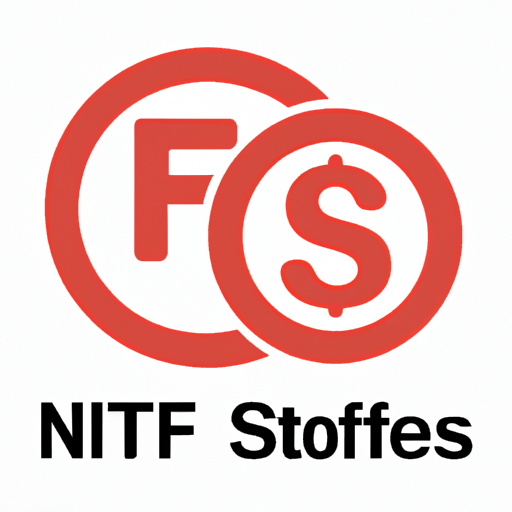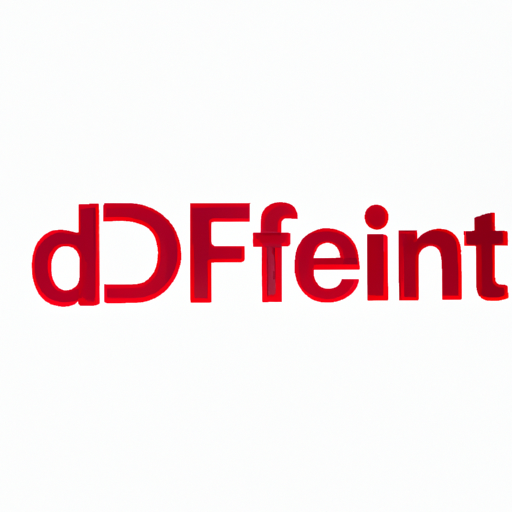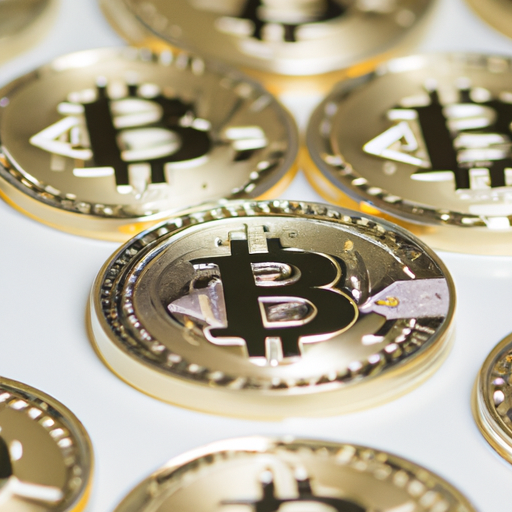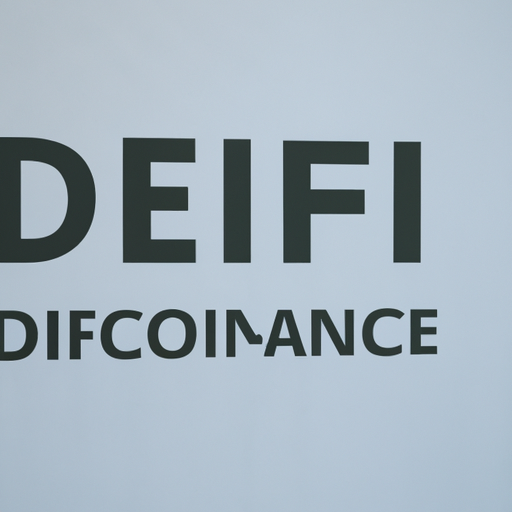Date: October 1, 2023
The world of NFTs (Non-Fungible Tokens) is expanding rapidly, transforming the concept of digital ownership and how we perceive value in the digital realm. As we enter 2023, let’s take a closer look at the current state of the NFT market, its impact on artists and collectors, and what the future holds.
The Rise of NFTs
NFTs gained widespread attention in 2021, with high-profile sales making headlines across the globe. The explosion of interest stemmed from their unique ability to provide verifiable ownership of digital assets through blockchain technology. Unlike cryptocurrencies like Bitcoin or Ethereum, NFTs are unique and cannot be exchanged on a one-to-one basis, making them ideal for representing ownership of artworks, music, virtual real estate, and collectibles.
NFTs in 2023: Market Trends
In 2023, the NFT market continues to grow, with new platforms emerging that cater to specific niches. Artists are leveraging NFTs to monetize their work directly, bypassing traditional galleries and auction houses. The use of NFTs is also expanding beyond the realm of art, with applications in gaming, music, and even real estate.
Integration with Metaverse
One of the most significant developments is the integration of NFTs into the metaverse. Virtual worlds are becoming more popular, and NFTs play a crucial role in facilitating ownership of virtual assets. From virtual land to digital fashion, the potential for NFTs in the metaverse is limitless.
Challenges Ahead
Despite the promising growth, the NFT market faces challenges, including environmental concerns over the energy consumption of blockchain networks and regulatory scrutiny. As public awareness of these issues rises, it is crucial for the industry to adopt sustainable practices.
The Future of NFTs
Looking forward, NFTs are expected to become more mainstream. With brands and celebrities joining the NFT space, we anticipate a hybrid approach where physical goods and digital assets coexist. This convergence could redefine ownership and value in unprecedented ways.
In conclusion, NFTs are leading the charge in reshaping digital ownership, and their influence is only set to increase in the coming years. As we embrace this digital revolution, it is essential to understand and adapt to the changing landscape of value, art, and belonging in this new paradigm.













